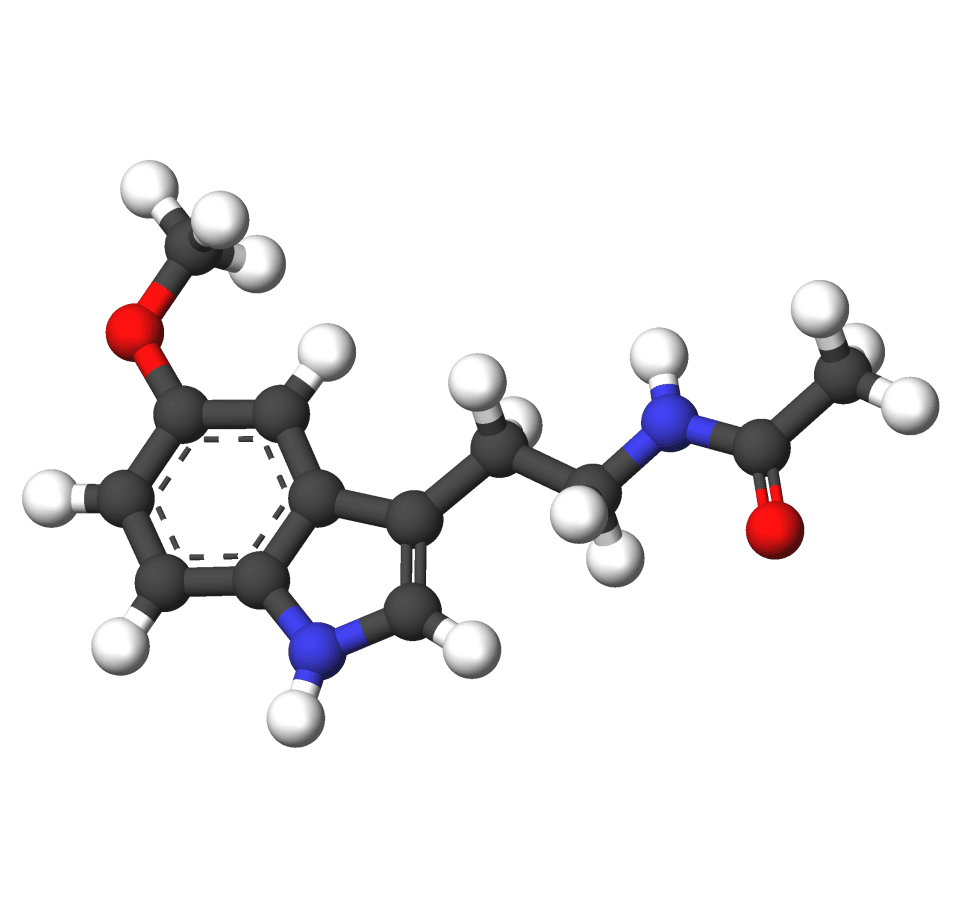Dissecting causal role of insomnia in cardiovascular disease
This project aims to identify genes and pathways at GWAS loci for insomnia symptoms in humans, test the consequence of loss-of-function of Drosophila orthologs on sleep and cardiac function, and test the impact of perturbed sleep on cardiovascular function in humans and Drosophila.
Linking circadian system and type 2 diabetes through melatonin and receptor variation
This recall by genotype study aims to test the impact of melatonin and MTNR1B variation on regulation glucose regulation in a highly controlled in-laboratory setting and ex vivo in pancreatic islets.
Genetic links between chronic fatigue and long COVID
Genetic approaches leveraging large biobanks offer opportunities for gene discovery unbiased to known biology that should provide insights into the biological underpinnings and possible genetic links with long COVID.
SHIFT Study – Impact of melatonin, food timing, and receptor variant on type 2 diabetes

This project aims to test the impact of melatonin and MTNR1B variation on glucose control and risk of type 2 diabetes in an observational study of night shift workers and natural late-night eaters.
NF1 Sleep Study – Longitudinal, objective measurement and analysis of sleep-wake patterns in patients with neurofibromatosis type 1 (NF1)
This is an ongoing cohort study to measure sleep and circadian disturbances in adult patients and matched controls.
Sleep metrics from machine learning for Alzheimer’s disease diagnostics
This proposal aims to develop and validate deep learning tools to discover sleep-based predictors for Alzheimer’s disease through analysis of sleep, activity, and cognitive data.
Genetics of chronotype and impact on metabolic disease
The project aims to define the genetic basis of subjectively and objectively assessed chronotype, characterize the functional molecular, cellular, and physiologic consequences of causal genes, and variants, and dissect shared genetic relationships between chronotype and metabolic disease outcomes.
Genetics of postpartum hemorrhage (PPH)
In this project, we are studying the genetics of PPH to identify molecular mechanisms underlying PPH and elucidate the underlying pathophysiology.
Multi-omics for precision medicine in preeclampsia
This project aims to discover common and rare variants for preeclampsia, identify molecular pathways altered before clinically defined disease using multi-omics analysis, and use PE polygenic scores to predict maternal morbidity and future maternal cardiovascular health.
